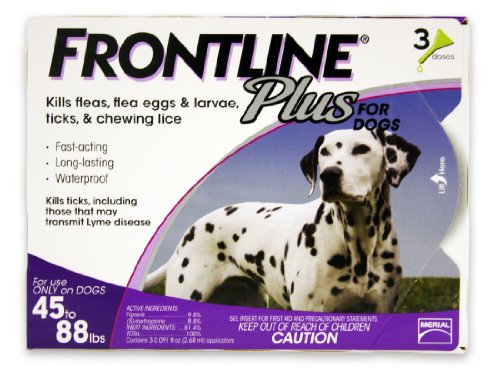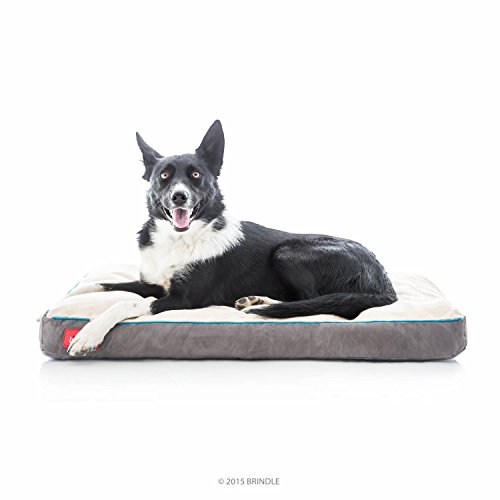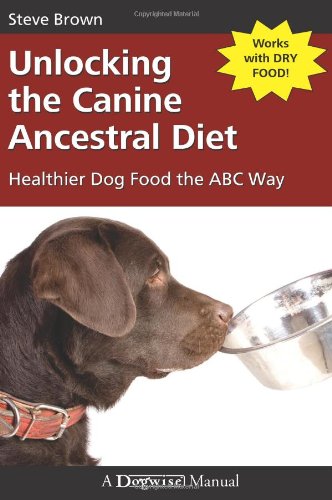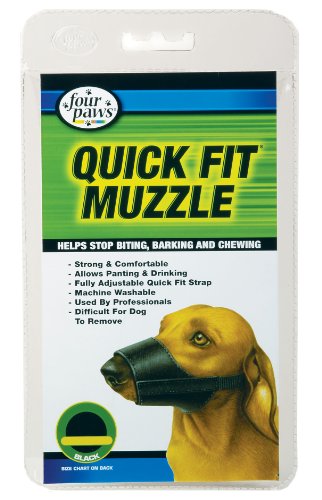
 Credit: Copyright of iStockphoto. All rights reserved.
Credit: Copyright of iStockphoto. All rights reserved.
All dog owners know our best friends break wind from time to time and sometimes they get blamed for it by their human family, even when they aren't necessarily the guilty party. But do dogs burp as well? I have kept dogs all my life and have never once seen this behavior, but other dog owners tell me that dogs definitely do burp – and some seem to do it all the time. After researching this subject, I have discovered the reason for a dog burping is occasionally more sinister than mere indigestion.
WHAT IS A BURP?
Burping is a release of gas from the upper section of the digestive tract through the mouth. The air mainly comes from the stomach or esophagus. It is commonly called belching – but it is also known by the terms ructus and eructation. Carbonated liquids and some beers and lager are the main cause of humans burping – but as dogs don’t tend to have access to these kinds of drinks, what is it that causes them to belch?
Bacteria in the stomach and digestive system gradually break down food into the various nutritional elements needed for healthy living. This process creates waste gases, which are then released into the stomach and intestines before exiting the body. When discharged upwards through the mouth, the gas causes both our dogs and us to belch. In addition, experts at the Indiana University School of Medicine say we actually swallow air all the time while we are breathing, talking or exercising (which means dogs must do this too) – and our bodies release about a quart of this extra intake of gas every day. Some dogs also lap water exuberantly after exercise while others gulp their food, and both these behaviors can cause excessive burping or belching as trapped wind tries to escape.
DOGS THAT GULP THEIR FOOD
The oesophagus becomes blocked when a dog scoffs its food, and air trapped between each gulp is then carried down into the stomach. This can cause a problem commonly called bloat or stomach torsion. One of the easiest ways of preventing this from happening is to change the way you feed your dog. So instead of one big meal a day it is worth feeding smaller amounts more often. There are also anti-gulping dog bowls now on the market, which work by preventing a dog gaining access to the entire bowl of food all at once.
Bloat is more common in pure breeds than mixed breeds, in older dogs and in male dogs. Deep chested dogs like greyhounds are also more prone to bloat than other breeds. Dogs that get over excited at mealtimes can also have bouts of bloat, because they have a greater tendency to gulp their food. Exercise is also an issue and experts suggest dogs should have an hour without strenuous exercise before and after eating to prevent potential gastrointestinal problems.
While all the aforementioned releases of wind are perfectly normal for dogs, there are others that are symptomatic of much more serious conditions.
FOOD ALLERGIES
A food allergy is one of the most common reasons for dogs getting severe wind, stomach cramps and loose stools. These problems might be mild to begin with, but allergies tend to get progressively worse over time so it’s worth trying to resolve it sooner than later. As most dog food allergies involve just one ingredient - such as a meat or poultry protein – it is worth switching one type of food for another alternative.
For example, switching the regular fed food from chicken to lamb (or some other type of meat) may solve a problem where a dog has become allergic to the specific protein contained in chicken. It is important to undertake the change of diet gradually over several days and not all at once, otherwise the dog will probably suffer a stomach upset and diarrhea. A remedy is not always so straightforward, because some manufactured dog foods contain a lot of allergy producing additives and artificial flavorings - so while one allergy might be resolved, another could flare up. You should take advice from your vet, if problems persist.
GASTROINTESTINAL PROBLEMS
Some dogs are born with or can develop mild and severe forms of irritable bowel syndrome or inflammatory bowel disease, which will inhibit their ability to digest food properly. There are a number intestinal parasites that can also interfere with the efficient digestion of food. These conditions are likely to cause excessive gas in the stomach or lower intestine, which can result in intense and frequent belching and/or flatulence as a side-effect of the primary issue.
POOR QUALITY DOG FOODS
Poor quality manufactured wet and dry dog foods use artificial flavorings, colorants and cheap bulking materials such as wheat, grains and corn to keep production costs low. Unfortunately, many of these ingredients can irritate a dog’s stomach. In addition, dogs are sometimes given things that are unsuitable for a canine digestive system, such as food scraps or everyday store-cupboard items intended for humans. Poor diets cause many dogs to suffer from chronic stomach problems, belching and flatulence, which could all be resolved by swapping to an alternative higher quality and more nutritional dog food.
FOREIGN BODIES
Internal blockage and other injuries can occur when a dog is able to chew at things they shouldn't have access to. Dogs that chew at timbers, plastics and other unsuitable objects, can swallow these things whole or in chunks - and sometimes these objects cannot easily progress through the digestive tract. An internal blockage can also cause dogs to suffer gastric reflux, which will manifest as belching and discomfort. If your dog is burping excessively or shows symptoms of discomfort after chewing at something, you should get them to a vet as soon as possible.
 How to Relieve Your Pets Itching and Scratching
Unhealthy SkinA number of sk
How to Relieve Your Pets Itching and Scratching
Unhealthy SkinA number of sk
 Memory Foam Pad for Dog Bed
Using a memory foam pad for
Memory Foam Pad for Dog Bed
Using a memory foam pad for
 Raw Food Diet for Dogs
Raw Food Diet for Dogs: the
Raw Food Diet for Dogs
Raw Food Diet for Dogs: the
 A Guide to Protecting Your Vicious Breed
Credit: Pitbull by ArielleJay, Rottweiler &am
A Guide to Protecting Your Vicious Breed
Credit: Pitbull by ArielleJay, Rottweiler &am
 Dogs and leg amputation
Dogs and leg amputation
Dogs and leg amputation
Dogs and leg amputation
Copyright © 2005-2016 Pet Information All Rights Reserved
Contact us: www162date@outlook.com